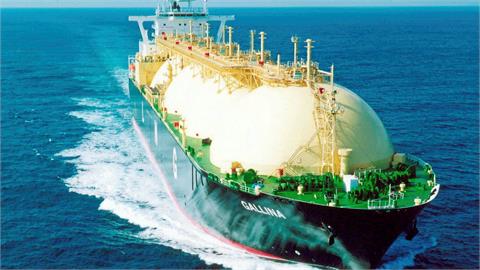The European Union (EU) may suffer oil depletion by 2030 as the total volume produced by the EU’s current oil providers is likely to shrink by up to nearly 8%, according to a study by a French think tank, The Shift Project.
The likely decline by 2030 in the production capacity of countries that currently supply more than half of the oil consumed by the EU could lead to severe constraints on EU supplies, the study revealed.
In view of the fact that the EU is currently importing more crude oil than China or the US, the study showed that the maximum possible levels of this decline would surpass the decline rate of the oil consumption in the European Union, which has been ongoing since 2010.
The combined production of Russia and all former states of the Soviet Union, which together account for more than 40% of the EU's oil supply, tend to have entered a gradual decline in 2019, the study said and foresaw that oil demand in Africa, which is more than 10% of EU supplies, will also fall by 2030.
According to the study, the oil production growth, based on data of Norwegian consultancy company Rystad Energy, is highly dependent on the development of new oil prospects whose technical and economic potential remains to be assessed, or on hypothetical future discoveries.
The study pointed to two factors that are set to increase risks for future EU supplies.
"Firstly, the extreme volatility of crude oil prices observed during the last decade, which makes investing in oil projects more complex and more risky,” said The Shift Project.
"Secondly, the strong growth in demand expected from Asia and Africa, while the production of both continents should decline,” the study revealed attributing this prediction from data provided by Rystad Energy and the International Energy Agency (IEA).
The Shift Project stated that while severe constraints on global oil production are likely to affect directly or indirectly the EU over the coming decade, such shrinkage seems unavoidable beyond 2030.
The study stressed that the oil peak issue is a compelling reason to urgently move away from oil and is "as serious and pressing as climate change”.
The study recalled a 2005 interview with Fatih Birol, the current executive director of the IEA, who, through a compelling simile, underscored this point.
"Oil is like a girlfriend with whom you are aware, from the very beginning of your relationship, that she will eventually leave you. In order to prevent her from breaking your heart, it is better to split before she does.”
(Anadolu Agency, July 1, 2020)



